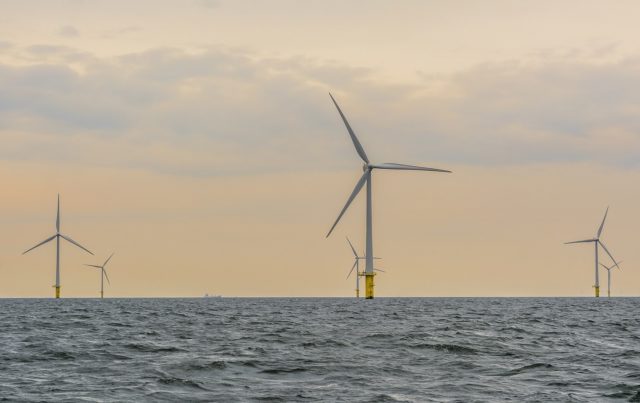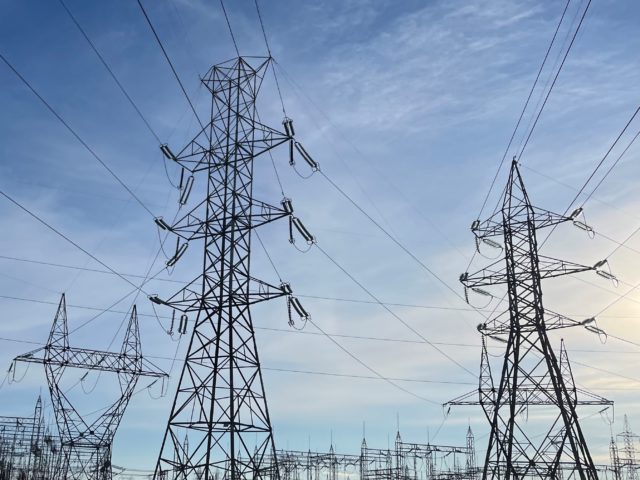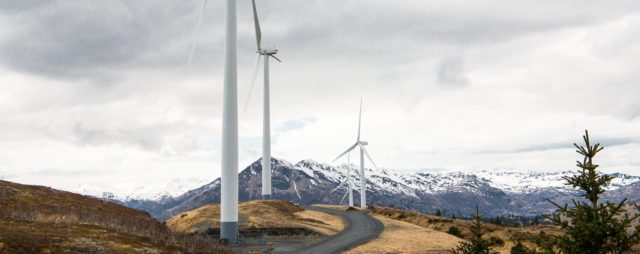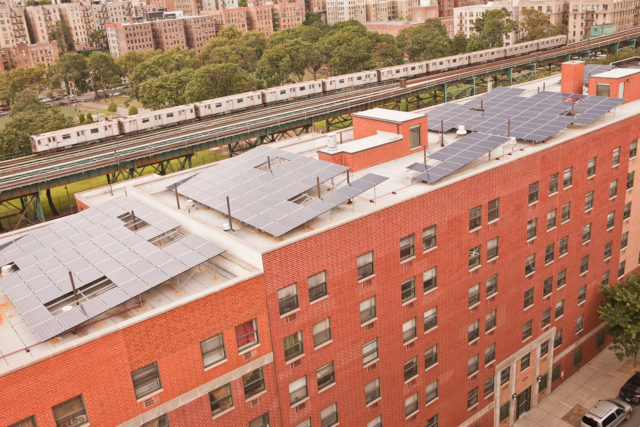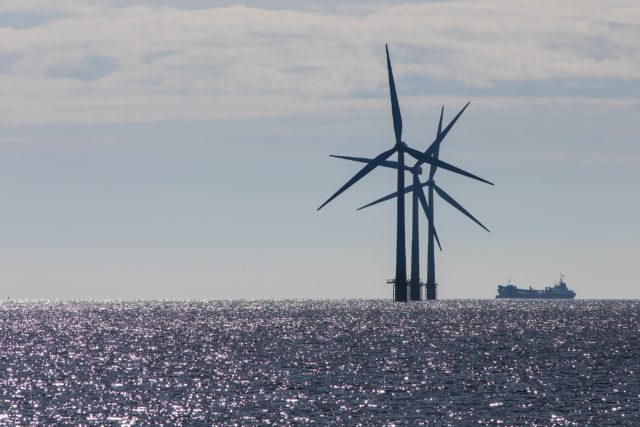Year: 2015
This week, Oregon became the latest state to fund an energy storage demonstration project that will use batteries and PV to power a resilient microgrid.
Think power outages are only a problem in the Northeast? Think again.
Back in June, US offshore wind proponents heralded the arrival of DONG Energy to our Atlantic shores.
In the face of increasingly severe weather and power outages, more and more states are recognizing the importance of resilient power for communities and critical services.
Power plants, substations, and transmission lines in coastal communities, where approximately one-third of the country’s population resides, are at risk today from flooding caused by major storms.
Four new case studies, authored by the Clean Energy Group with support from the Northeast Electrochemical Energy Storage Cluster, showcase fuel cells in resilient power systems.
Energy is a major concern in rural Alaska. Alaska is investing in renewable energy projects to provide remote communities with more secure and lower-cost energy.
Clean Energy Group, through its Resilient Power Project, has released a new report analyzing the economics of resilient solar PV and battery storage (solar+storage) systems for multifamily affordable housing.
Over the past decade, New Mexico leaders have positioned the state as a major growth area for renewable energy by developing effective policies and programs, along with financial and other incentives, including a state-level renewable energy production tax credit.
The Department of Energy has awarded around a half-million dollars to New York, Maine, Rhode Island and Massachusetts state organizations to cooperate on scaling up the offshore wind industry in the region. CESA will help coordinate the interstate project.







